Have questions?
Read below some commonly asked questions others have
about a New Testament ecclesiology or about our network.
What is a House Church?
A House Church is a fully functioning church that gathers in a home. It’s led by a trained and biblically qualified pastor and carries out all the essential functions of a church: teaching, discipleship, pastoral care, prayer, and benevolence.
How is a House Church different from a Small Group?
Unlike a small group, a House Church is a church.
Key distinctions include:
Pastoral leadership (not just a facilitator)
Biblical authority & accountability
Mission & discipleship focus
Spiritual family, not just social connections
What does it mean to be a “Church of House Churches”?
It’s one church made up of many House Churches.
Each House Church is:
Led by its own pastor
Connected under shared eldership
United in vision, doctrine, and mission
This model reflects the structure seen in the Early Church (e.g., Titus in Crete).
Why return to the House Church model?
The House Church model restores:
Decentralized from Primary Place or Priest
- Distributed Pastoral Leadership
Diverse discipleship communities
Who leads a House Church?
House Churches are led by lay pastors who:
Meet the biblical qualifications of an elder (1 Timothy 3; Titus 1)
Are spiritually mature and teachable
Are trained and affirmed by the church
Guide teaching, prayer, care, and discipleship
Can House Church Pastors officiate weddings and baptize?
Yes. House Church Pastors are entrusted to:
Baptize new believers
Officiate weddings and funerals
They function as fully empowered pastors within their House Church.
What happens at a House Church gathering?
Each gathering includes:
A welcoming meal or fellowship time
Bible-based discussion from Sunday’s message
Prayer for each other and the city
Sharing of needs
Evangelistic openness and multiplication
How are new House Churches launched?
They are multiplied from existing ones.
New House Churches are:
Formed by sending 3–5 couples from a healthy House Church
Led by trained pastors and supported hosts
Commissioned and celebrated by the broader church
How are House Church Pastors selected and trained?
House Church Pastors:
Are identified from within a current House Church
Go through an apprenticeship
Are trained in leadership, care, teaching, and discipleship
Must meet biblical and relational qualifications
Are affirmed by House Church Coaches before launch
How does accountability work if the model is decentralized?
Every House Church:
Operates under House Church Coach oversight
Maintains doctrinal, behavioral, and missional alignment
Is not independent or autonomous
This keeps churches healthy, unified, and supported.
Are House Churches geographically based?
Yes. House Churches are neighborhood-based to promote:
Regular participation
Local community impact
Authentic, ongoing relationships
Are children included in House Churches?
Definitely. House Churches include children as part of the church family.
Kids witness:
Parents reading Scripture and praying with others
Intergenerational friendships
The full life of the church lived out at home
Are House Churches open to new people?
Always. House Churches are:
Never “closed” or “full”
Always multiplying to create room
Continually inviting others into community and discipleship
What’s the theological foundation of this model?
We call it eDNA (Ecclesiological DNA)—the biblical blueprint for church.
It includes:
Distributed Pastoral Leadership
Decentralization from Primary Place & Priest
Diverse Discipleship Communities
This is not just a method—it’s how Jesus and the early church lived out the Gospel.
Got a Project
We’re a team of creatives who are excited about unique ideas and help fin-tech companies to create amazing identity by crafting top-notch UI/UX.

